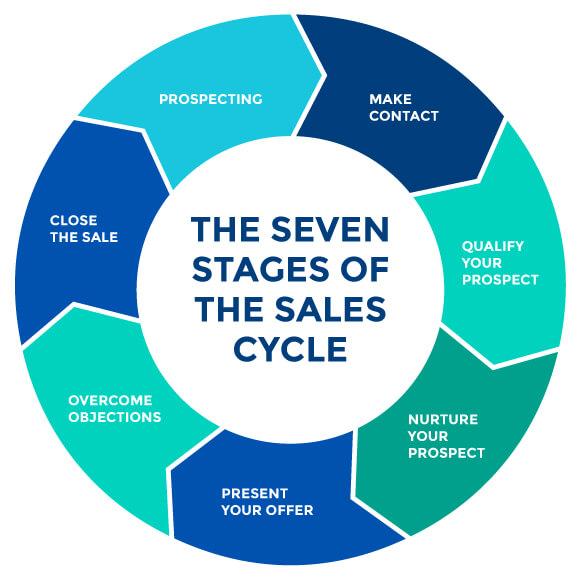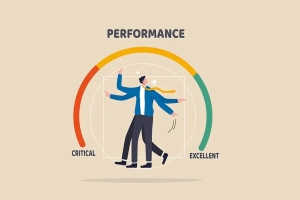Business Valuation in Kenya: A Comprehensive Guide for Entrepreneurs, Investors, and Business Owners
Business valuation is a critical process that determines the economic worth of a company. In Kenya, understanding how to value a business is essential whether you run:
A retail shop in Nairobi’s CBD
A tea farm in Kericho
A matatu Sacco with 30 vehicles
A tech startup developing mobile apps
A manufacturing plant in Athi River
A family-owned hotel in Mombasa
A microfinance institution serving rural communities
This process becomes necessary when you want to:
✔ Sell your Nairobi bakery to retire
✔ Attract investors for your agribusiness export company
✔ Secure a loan to expand your hardware store chain
✔ Divide assets during a divorce involving a family business
✔ Resolve ownership disputes in your construction company
✔ Comply with KRA requirements for your import/export business
This guide provides an in-depth look at business valuation in Kenya, covering key methods, industry-specific considerations, legal and tax implications, economic factors, and practical advice for business owners.
Why Business Valuation is Important in Kenya
1. Buying or Selling a Business
A valuation ensures that sellers receive fair compensation and buyers do not overpay.
It helps in negotiations by providing an objective assessment of the business’s worth.
2. Securing Financing
Banks and investors require a valuation report before approving loans or equity investments.
Lenders assess the business’s ability to repay based on its valuation.
3. Legal and Tax Compliance
The Kenya Revenue Authority (KRA) may require valuations for Capital Gains Tax (15%), transfer pricing, and inheritance tax.
Courts use valuations in divorce settlements, shareholder disputes, and probate cases.
4. Strategic Business Planning
Knowing your business’s value helps in expansion, mergers, acquisitions, and exit strategies.
It assists in setting realistic financial goals and measuring growth.
5. Attracting Investors
Investors (venture capitalists, private equity firms) rely on valuations to determine funding amounts and equity stakes.
Business Valuation Methods Used in Kenya
1. Income Approach (Based on Future Earnings)
This method estimates the business’s value based on its ability to generate future income.
A. Discounted Cash Flow (DCF) Analysis
Projects future cash flows and discounts them to present value using a risk-adjusted rate.
Best for established businesses with predictable revenue streams (e.g., manufacturing, healthcare).
B. Capitalization of Earnings
Calculates value based on current earnings, assuming stable growth.
Suitable for mature businesses with consistent profits (e.g., retail stores, service firms).
2. Market Approach (Comparable Sales Method)
This method compares the business to similar companies that have been sold recently.
A. Comparable Company Analysis (CCA)
Uses financial ratios (e.g., Price-to-Earnings (P/E) ratio) from similar businesses.
Relies on data from Nairobi Securities Exchange (NSE)-listed firms or private transactions.
B. Precedent Transactions
Examines past sales of similar businesses in Kenya.
Useful for SMEs, franchises, and mid-sized companies.
3. Asset-Based Approach (Net Worth Calculation)
This method calculates value based on the company’s assets minus liabilities.
A. Going Concern Value
Used for operating businesses (e.g., factories, hotels).
Considers land, buildings, machinery, and inventory.
B. Liquidation Value
Used when a business is closing down.
Assets are sold quickly, often at a discount.
Industry-Specific Valuation Considerations in Kenya
1. Agriculture & Agribusiness
Land value varies by location (e.g., tea farms in Kericho vs. maize farms in Trans Nzoia).
Crop prices (coffee, tea, horticulture) influence profitability.
Government policies (subsidies, export regulations) impact valuation.
2. Real Estate & Construction
Location (Nairobi, Mombasa, Kisumu) significantly affects property value.
Infrastructure projects (e.g., Nairobi Expressway, SGR) increase land demand.
Rental income vs. capital appreciation must be analyzed.
3. Banking & Financial Services
Non-Performing Loans (NPLs) reduce bank valuations.
Regulatory compliance (Central Bank of Kenya rules) affects stability.
Deposit base and loan portfolio quality determine value.
4. Manufacturing & Retail
Inventory valuation is critical (perishable vs. durable goods).
Brand reputation (e.g., a well-known supermarket chain vs. a small shop).
Supply chain efficiency impacts profitability.
5. Technology & Startups
Revenue multiples (e.g., Annual Recurring Revenue – ARR).
User growth (e.g., mobile apps, SaaS companies).
Intellectual property (software patents, trademarks).
Legal and Tax Considerations for Business Valuation in Kenya
1. Capital Gains Tax (15%)
Applies when selling business assets, shares, or property.
Must be filed with KRA within a specified period.
2. Transfer Pricing Regulations
Affects businesses with foreign transactions (e.g., multinationals).
Ensures fair pricing to prevent tax evasion.
3. Companies Act Requirements
Valuations are required for mergers, acquisitions, and share buybacks.
Protects minority shareholders in disputes.
4. Nairobi Securities Exchange (NSE) Rules
Publicly traded companies must comply with valuation disclosure requirements.
Economic Factors Affecting Business Valuation in Kenya
1. Inflation and Interest Rates
High inflation reduces future cash flow value.
Rising interest rates increase borrowing costs, lowering business valuations.
2. Exchange Rate Fluctuations
Affects import/export businesses (e.g., manufacturers, agricultural exporters).
3. Political and Regulatory Risks
Elections, policy changes, and corruption scandals impact investor confidence.
4. Sector-Specific Trends
Digital transformation boosts tech startups.
Infrastructure investments (roads, railways) benefit construction firms.
When Should You Get a Professional Valuation?
Selling or acquiring a business – Ensures fair pricing.
Applying for a bank loan – Lenders require a valuation report.
Resolving legal disputes – Courts rely on independent valuations.
Tax compliance – KRA may audit business valuations.
Succession planning – Ensures smooth transfer of ownership.
Common Valuation Mistakes to Avoid
Relying on guesswork – Always use structured valuation methods.
Ignoring liabilities – Debt significantly impacts net worth.
Overlooking industry trends – Market conditions affect value.
Using outdated financial data – Always use recent records.
Final Recommendations
Maintain accurate financial records – Simplifies the valuation process.
Update valuations regularly – Business value changes over time.
Consult certified professionals – Accountants, valuers, and legal experts ensure compliance.
Business valuation in Kenya is a complex but essential process for financial planning, legal compliance, and strategic decision-making. By understanding the different valuation methods, industry-specific factors, and legal requirements, business owners can make informed decisions that maximize value and minimize risks.
For accurate and legally compliant valuations, always engage licensed business valuers, accountants, or financial advisors in Kenya.







Join The Discussion